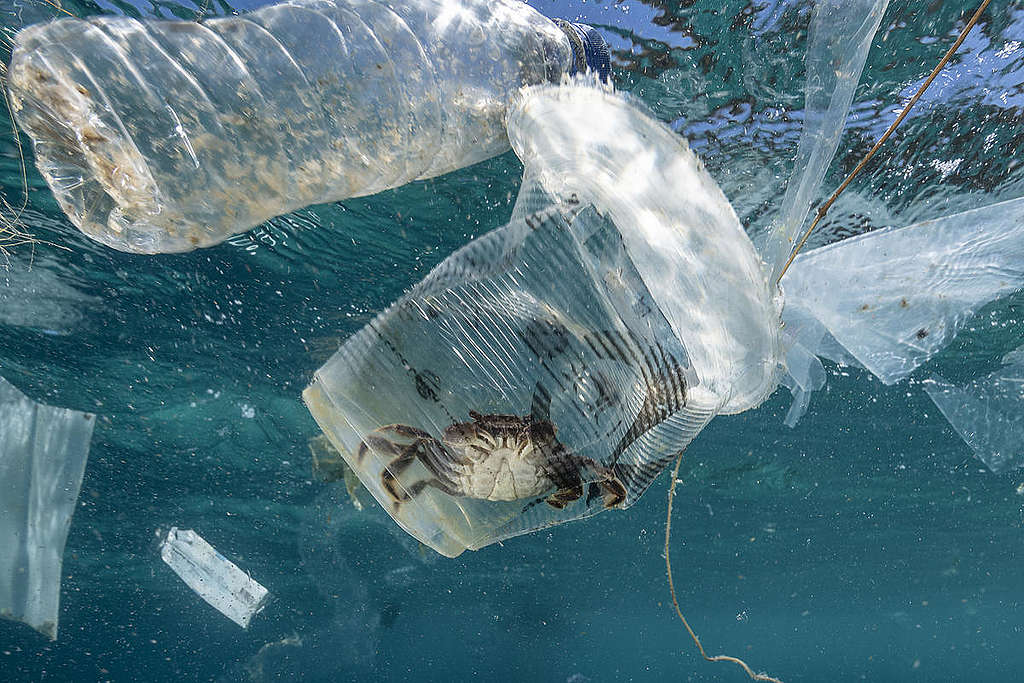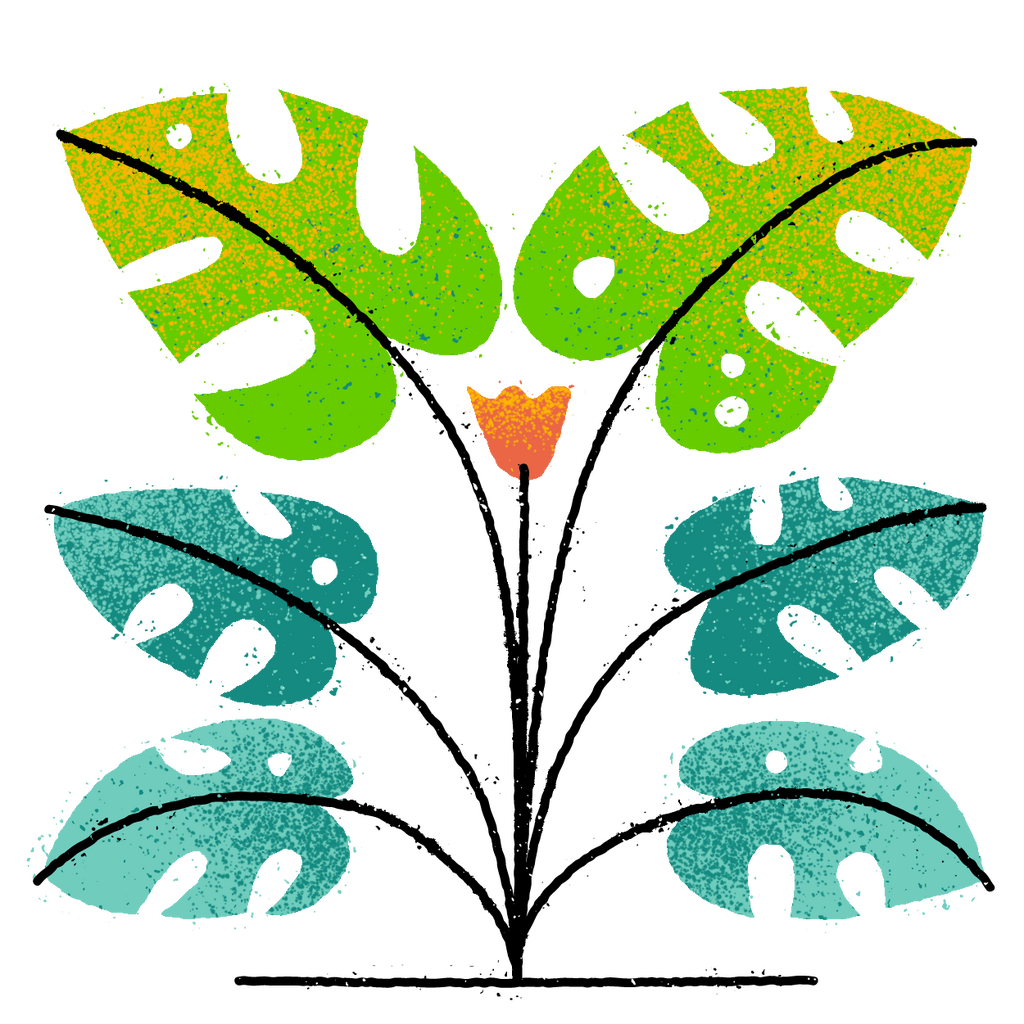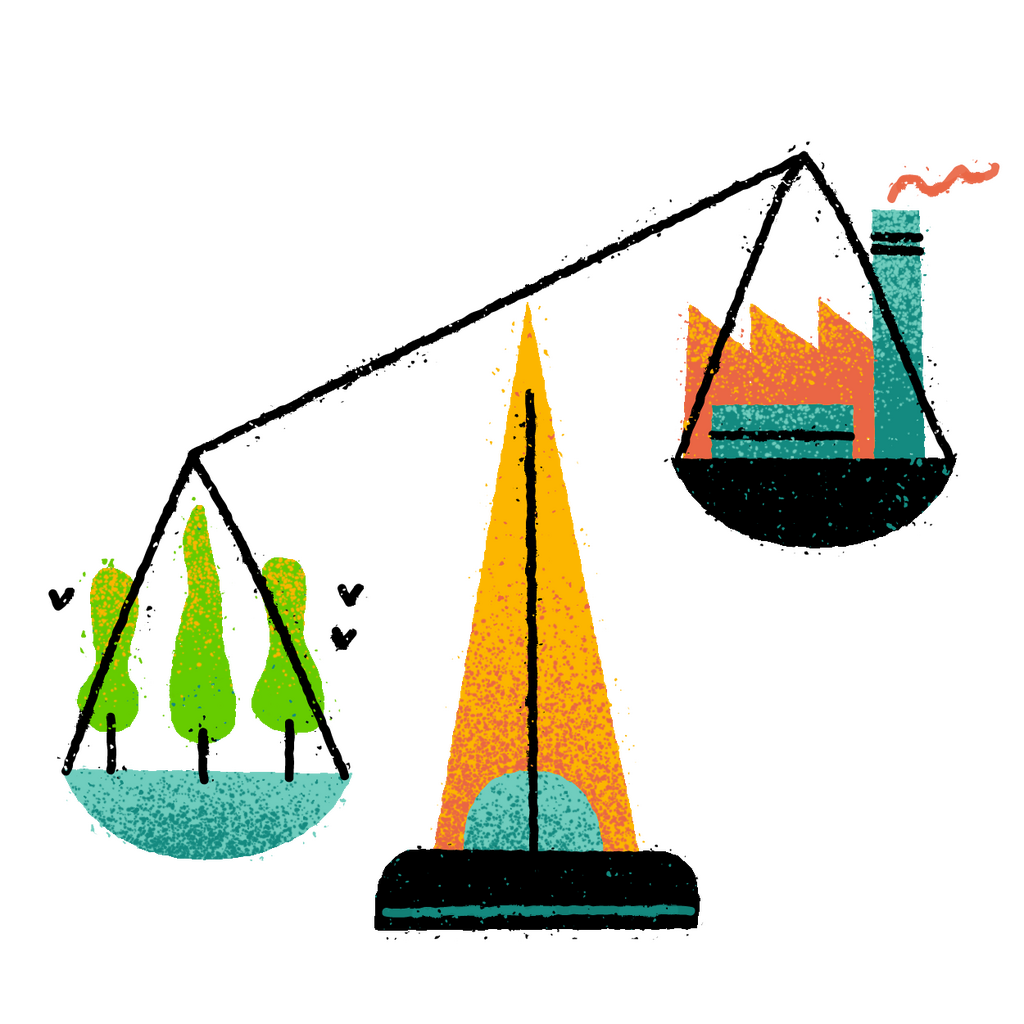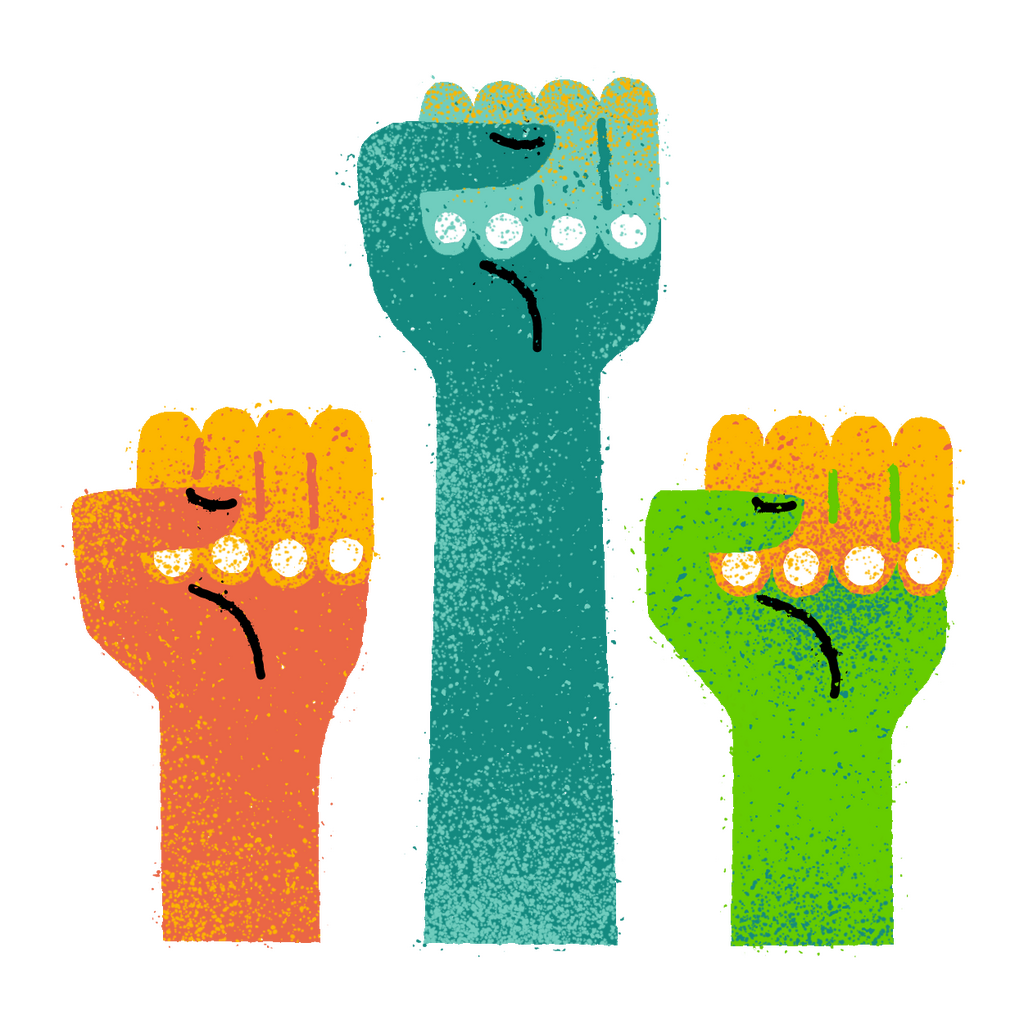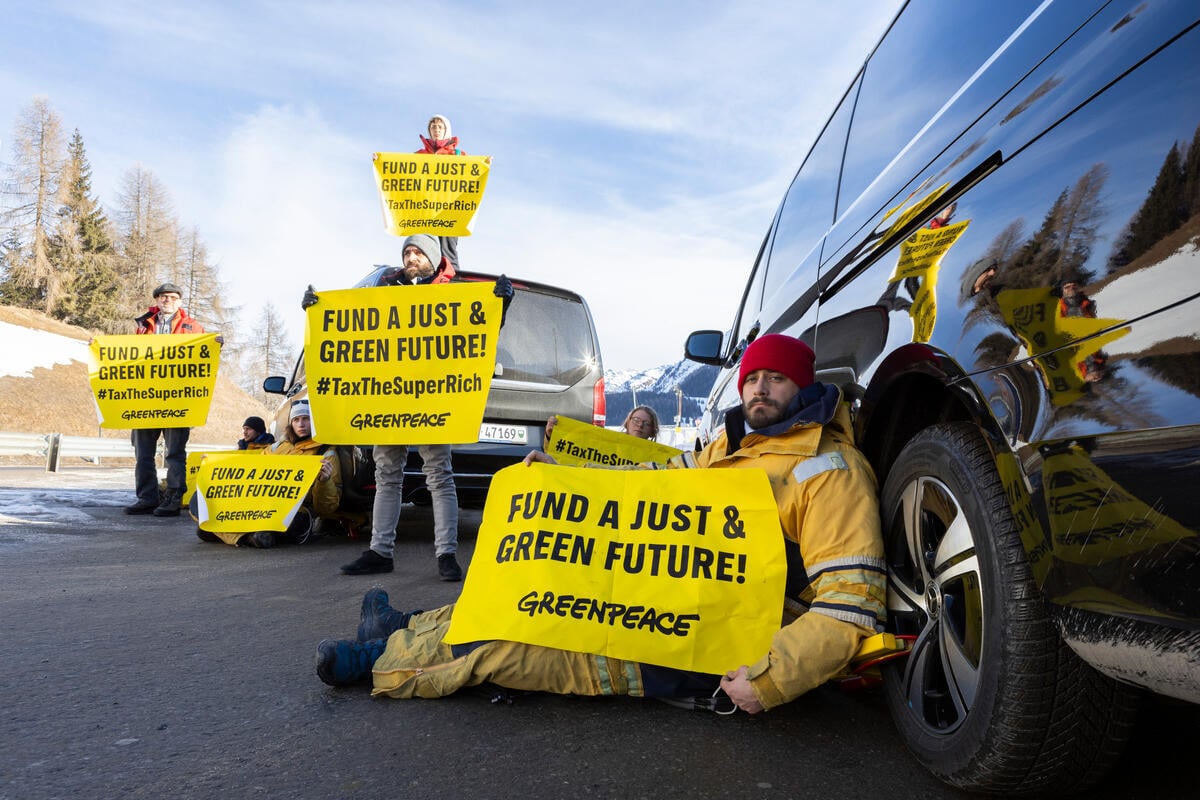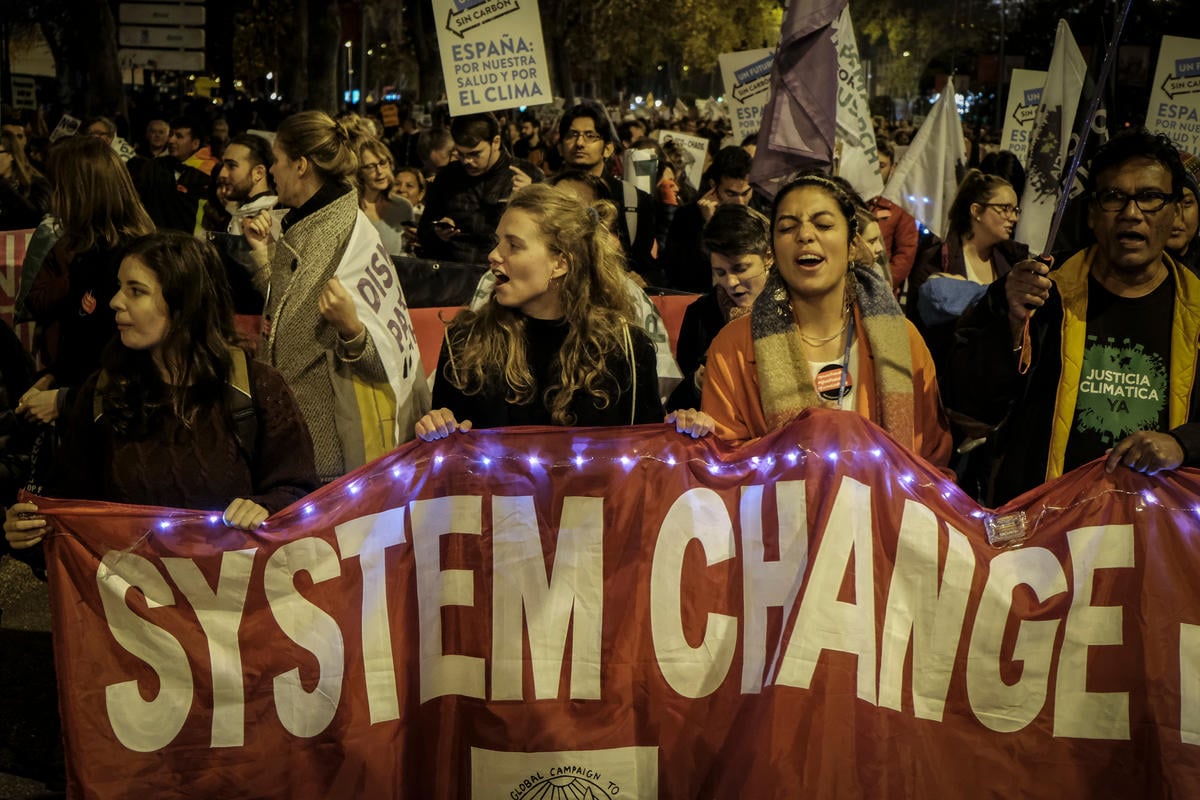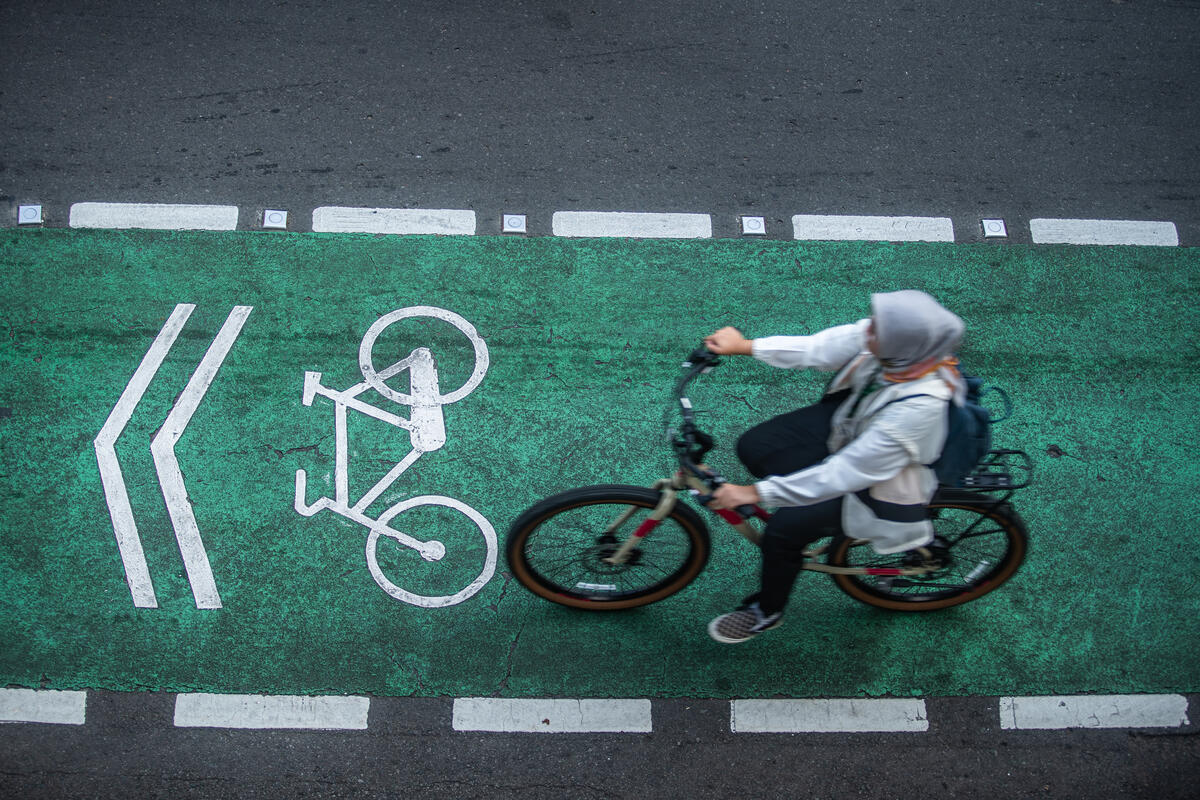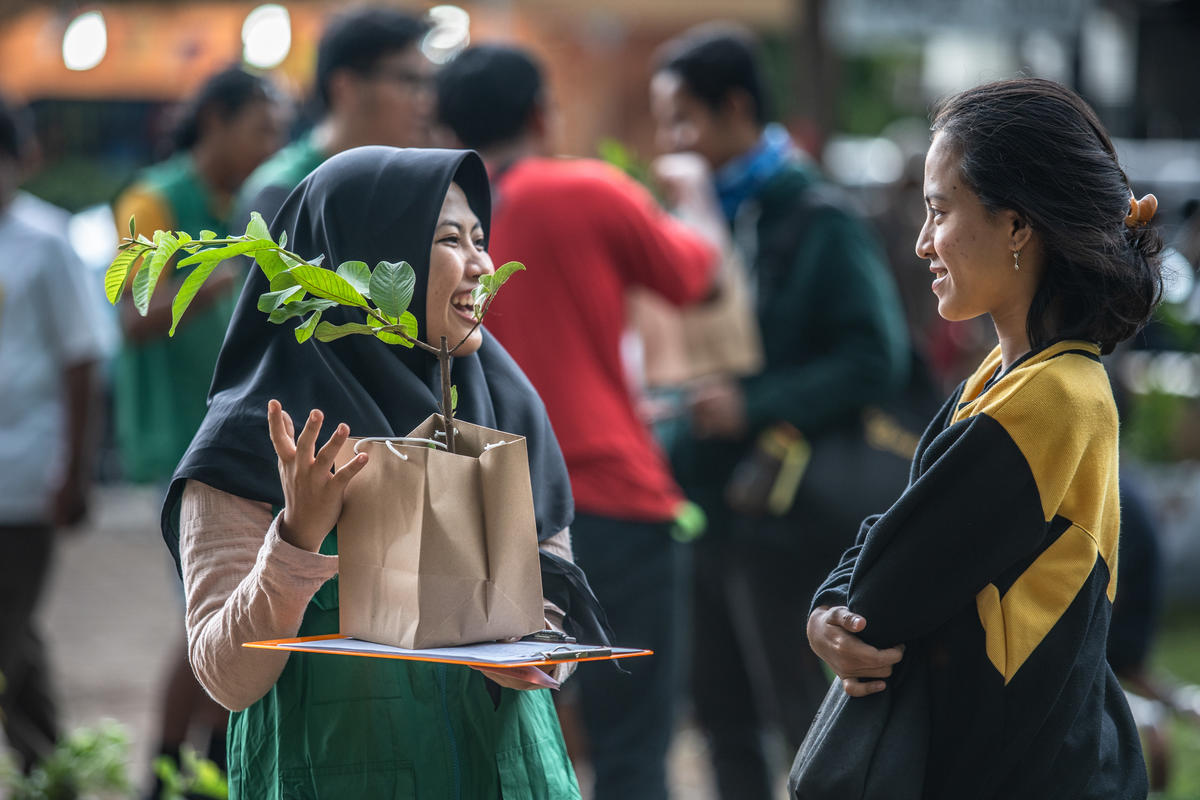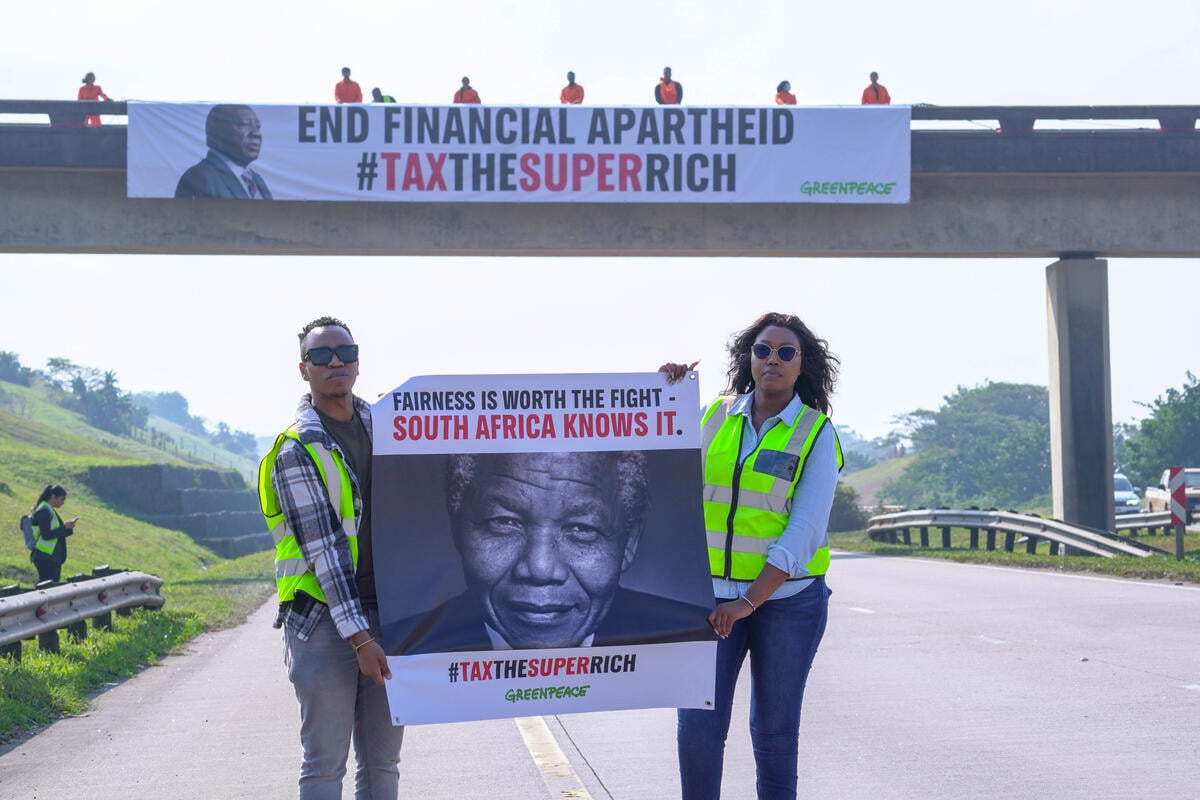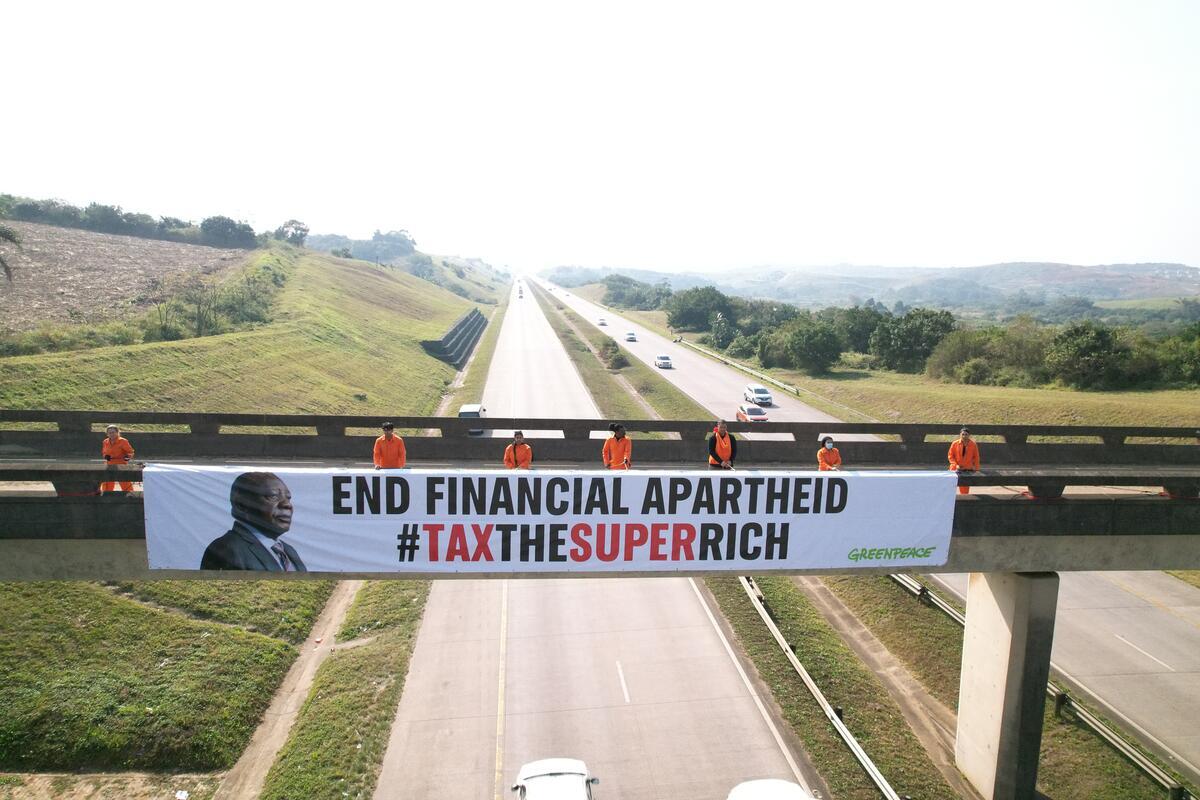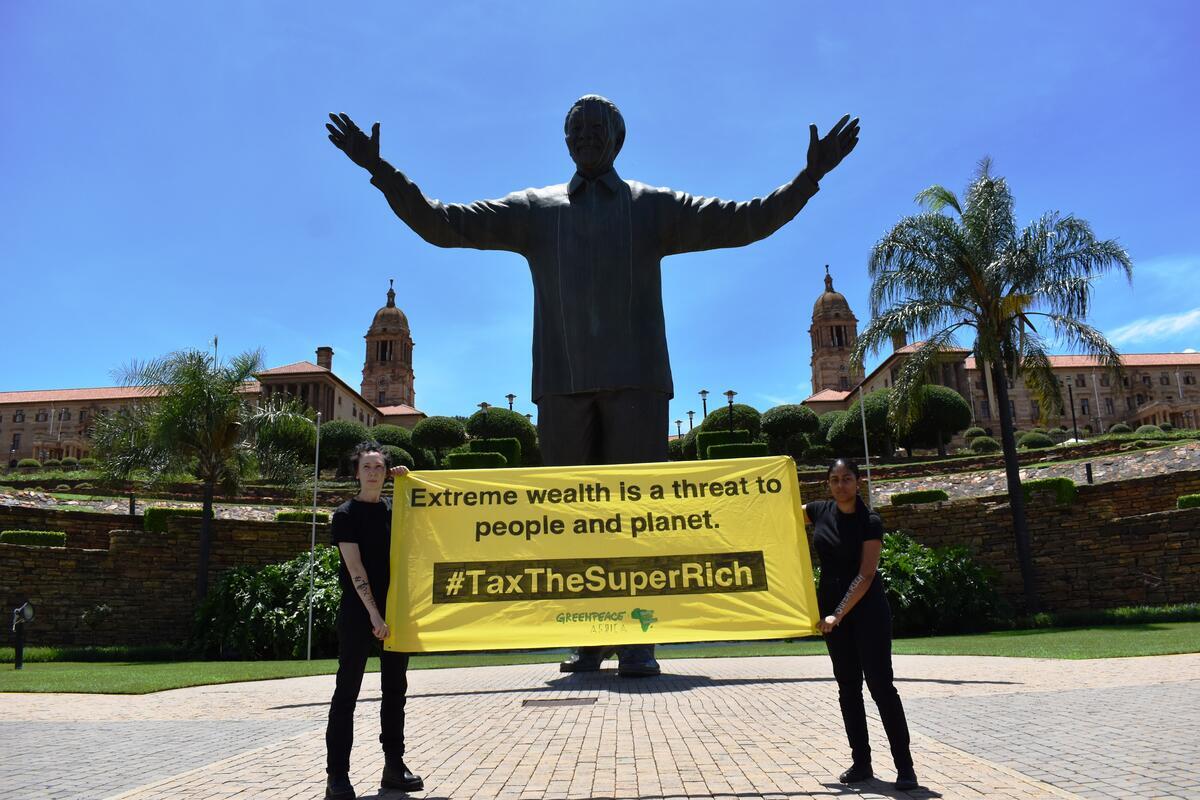Live within our planetary boundaries
We want to rewind habits of unsustainable consumption and production to live within our planetary boundaries.
We want to tear apart the way corporations and governments collude to make a profit at the expense of both people and planet. They must be held accountable and liable, for their impact on the climate and biodiversity loss.
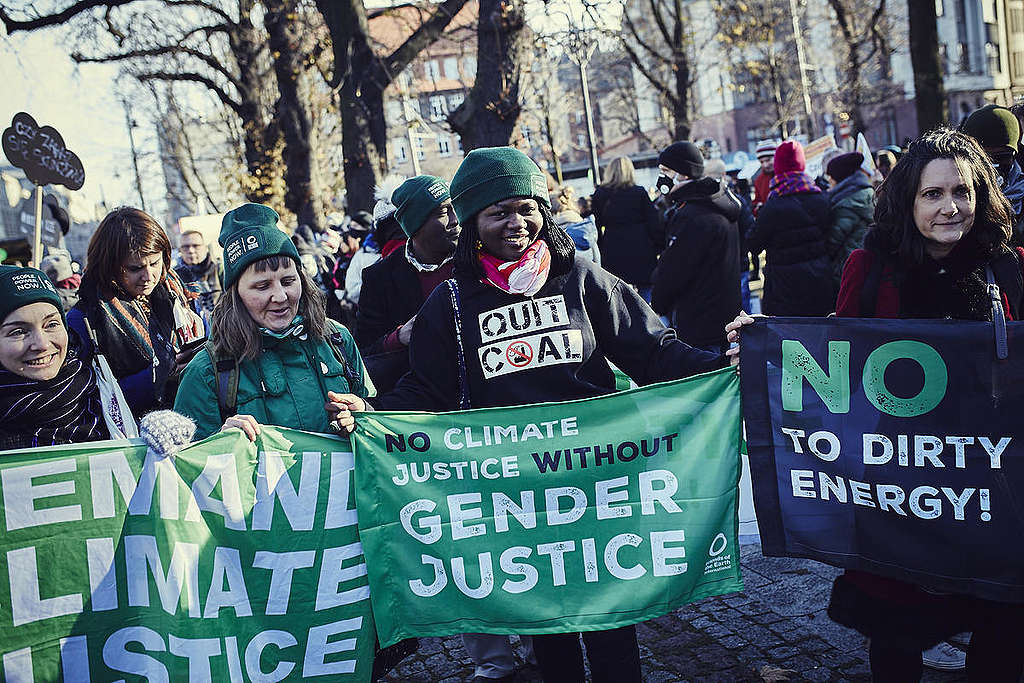
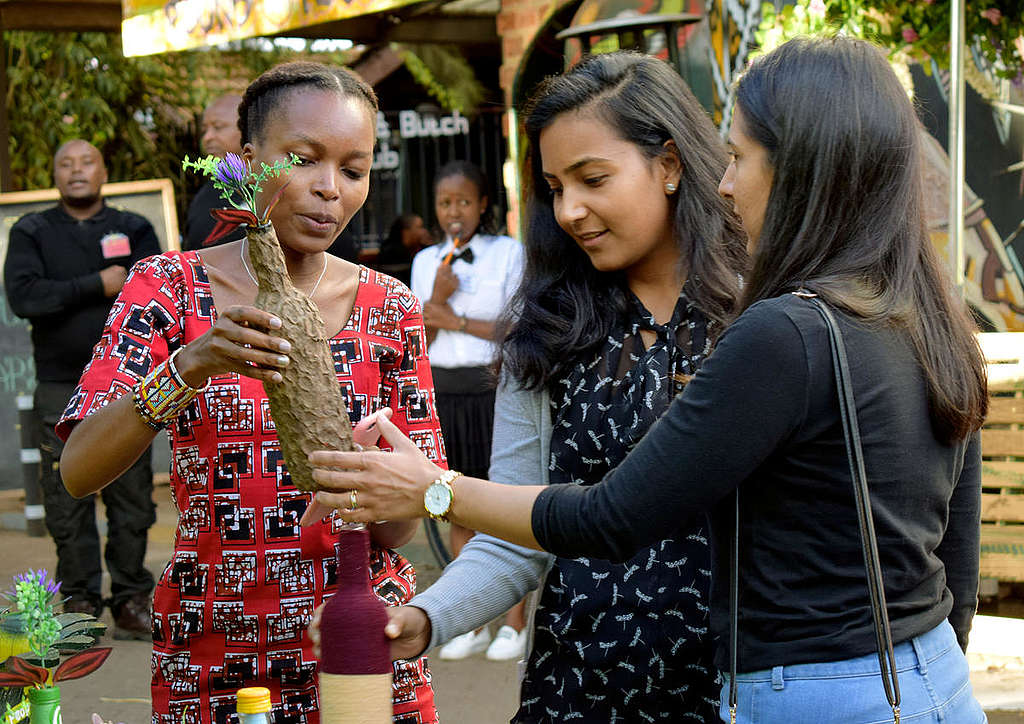
Our vision
The current economic system is driven by the lie that endless growth is both good and sustainable. We need to redefine how we think about our quality of life by rejecting endless consumption and changing our understanding of what we think of as a “basic right” and an “aspirational life”.
We are aiming for nothing less than a transformation of how we see the world and ourselves in it. We want to support a shift from consumption to sharing, from competition to collaboration. Only by increasing our collective responsibility for each other, can we build a green and peaceful future.
The issues
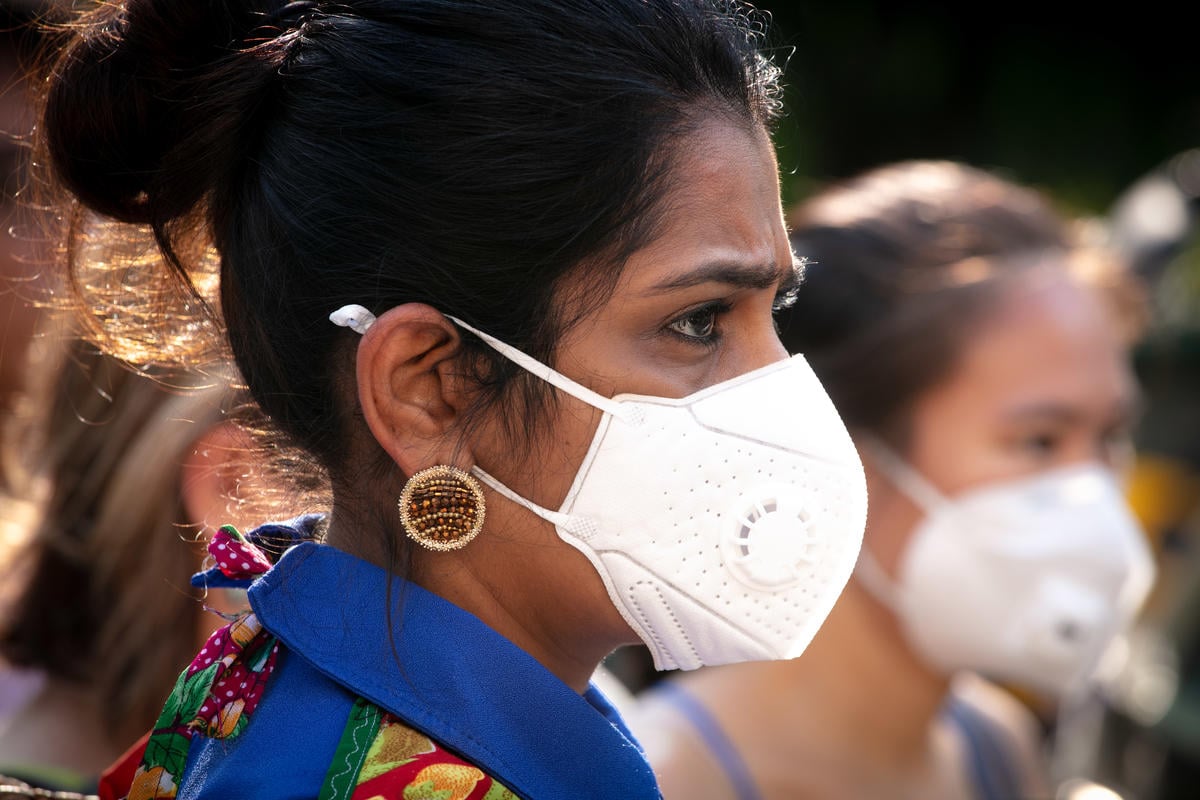
Health

Peace
